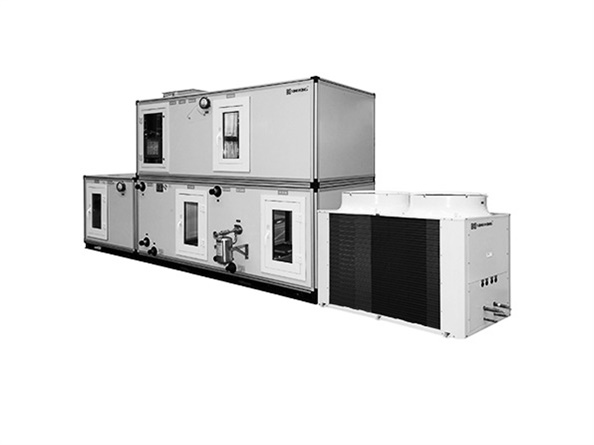Industrial Thermostats: Precision Control for Efficient Industrial Operations
In the realm of industrial processes, where efficiency and reliability are paramount, industrial thermostats play a crucial role. These unassuming devices are the unsung heroes that ensure optimal temperature control, enabling smooth and productive operations across a wide range of industries. The importance of temperature control in industrial settings cannot be overstated. From manufacturing and processing to storage and transportation, maintaining the right temperature is essential for ensuring product quality, enhancing productivity, and reducing energy consumption. Industrial thermostats are designed to meet these demanding requirements, providing accurate and reliable temperature regulation.

One of the key features of industrial thermostats is their precision. These devices are capable of measuring and controlling temperature with a high degree of accuracy, often within a fraction of a degree. This precision is essential for industries that require strict temperature control, such as pharmaceuticals, food processing, and electronics manufacturing. With industrial thermostats, companies can ensure that their products are produced and stored under optimal conditions, minimizing the risk of spoilage, degradation, or damage. Another important aspect of industrial thermostats is their durability. Built to withstand the harsh conditions of industrial environments, these devices are designed to be rugged and reliable. They are often made from high-quality materials that can resist heat, cold, moisture, and vibration, ensuring long-term performance and minimal maintenance. This durability is crucial for industries that operate 24/7, as it reduces downtime and increases productivity. Industrial thermostats also offer a high degree of flexibility. They can be customized to meet the specific needs of different industries and applications, with a wide range of features and options available. For example, some thermostats can be programmed to follow specific temperature profiles, while others can be integrated with other control systems for seamless operation. This flexibility allows companies to optimize their temperature control systems for maximum efficiency and productivity. In addition to their practical benefits, industrial thermostats also contribute to environmental sustainability. By ensuring accurate temperature control, these devices can help reduce energy consumption and minimize waste. This is particularly important in today's world, where energy costs are rising and environmental concerns are at the forefront. Industrial thermostats can help companies reduce their carbon footprint and operate in a more sustainable manner. As industries continue to evolve and become more complex, the demand for reliable and efficient temperature control solutions will only increase. Industrial thermostats will continue to play a vital role in ensuring the smooth operation of industrial processes, providing precision control and durability in even the most demanding environments. In conclusion, industrial thermostats are an essential component of modern industrial operations. With their precision, durability, flexibility, and environmental benefits, these devices offer a reliable and efficient solution for temperature control. Whether you are in manufacturing, processing, storage, or transportation, industrial thermostats can help you optimize your operations and ensure the success of your business.
 Environmental yearning for sew
Environmental yearning for sew
 Improvement of sewage treatmen
Improvement of sewage treatmen
 Environmental protection refor
Environmental protection refor
 Environmental protection techn
Environmental protection techn


